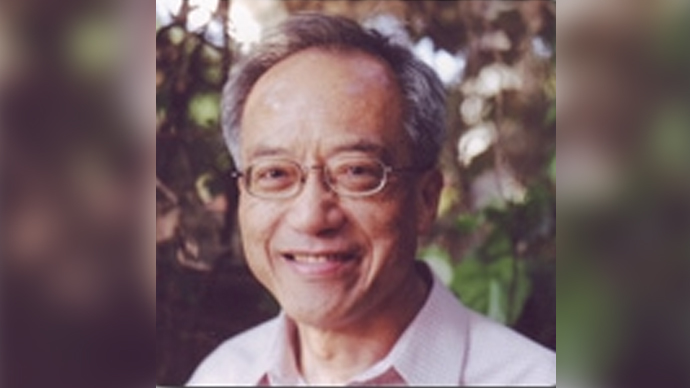Professor Hung-Hsi Wu
Distinguished Visitor
Professor Wu is Professor of Mathematics Emeritus at University of California, Berkeley. He received his doctorate degree from MIT in 1963 and his main research area is in differential geometry, having authored research papers, research papers as well as graduate level textbooks in the area. Starting from 1992, Professor Wu has been actively involved in reforming Mathematics education in the United States, first as a critic and then as a member of various state and national committees, including the National Mathematics Advisory Panel (2006-2008) and the US Teacher Education Development Study in Mathematics, National Advisory Board (2007-present). His latest project is the improvement of the professional development of teachers, both pre-service and in-service. Professor Wu has written extensively on Mathematics education and his articles can be accessed from his homepage http://math.berkeley.edu/~wu
Events
Academic Talk
Sense-making and problem-solving in math education in America
In America, sense-making and problem solving are two of the visible goals being actively pursued in mathematics education. A more dispassionate view is that the pursuits are done in isolation, taken out of the context of mathematics itself. The perceived failures in student learning should be understood as the inevitable consequence of the low level of the mathematics in the school curriculum.
Audience
(limited to 230 places)
Date
August 31 2010 / 3.00 pm – 4.30 pm
Venue
NIE, LT7 (map)
Registration Fee
Free
Teacher’s Workshop
The decimal expansion of a fraction
All middle school students learn that one can get the decimal equal to a fraction by long division (of numerator by denominator). The question is why. We will assume an intuitive knowledge of what an infinite decimal is, and use it to prove that any number (a point on the number line) is equal to an infinite or finite decimal. Then we analyze the process and reveal the fact that if the number is a fraction, the process in fact describes the long division algorithms. As a side remark, we observe that the decimal of a fraction is periodic. We will emphasize the fact that the non-triviality of this equality lies not in the periodicity of the decimal (which is the usual emphasis), but in the fact that we must first define precisely what a number is and what a fraction is, and only then can we assert that the two well-defined concepts are equal (i.e., same point on the number line). This is in part an advocacy to give precise definition of a fraction, even in elementary school, as a point on the number line.
Audience
(limited to 40 places)
Date
Sep 2 2010 / 2.30 pm – 5.30 pm
Registration Fee
Free
Teacher’s Workshop
Geometry based on rigid motions
We begin with the informal introduction of rigid motions in the plane: rotations, translations, and reflections. “Informal” refers to the fact that strictly speaking one needs to first present the precise definitions of mappings, composite mappings, image, inverse image, etc. But we will be using these concepts essentially as axioms and the reasoning with them is rather primitive, so hands-on activities using transparencies can replace mathematical precision almost all the time. This is why this approach can be implemented in middle school. We start proving theorems right away assuming the abundant existence of rotations, and use these simple theorems to help define reflections and translations. In almost no time, we will prove SAS, ASA and SSS. At this point, the usual development can take over as far as congruence is concerned. If there is time, we pursue similarity by introducing dilations and, prove the Fundamental Theorem of Similarity: If D, E are points on AB and AC of triangle ABC, and if AD/AB = AE/AC, then DE//BC and DE/BC = AD/AB = AE/AC. After this, everything about similar triangles follows.
Audience
(limited to 40 places)
Date
Sep 3 2010 / 2.30 pm – 5.30 pm
Registration Fee
Free
SMS Annual Prize Presentation
Guest of Honour
Audience
–
Date
Sep 4 2010 / 10.00 am – 12.00 nm
Venue
NUS High School Auditorium
Registration Fee
–
Registration
Online Registration (close on 18-8-2010)
Coordinator
Dr Ng Kah Loon
Tel: 65162751
Email: matngkl@nus.edu.sg

